Reporting and multimedia journalism inform the public about important issues and events. By using written, oral and visual communication skills, multimedia journalists tell stories that matter to the audiences they serve.
The reporting concentration prepares students for careers in print, broadcast, and digital news, investigative journalism, magazine writing, editing, and publishing, documentary film, podcasting, and many more.
Are you interested in:
- Breaking news stories that influence public policy?
- Traveling the world to tell important stories about people and places?
- Using data and insights to engage audiences?
If any of these sound interesting, the reporting concentration may be the right fit for you!
What You'll Learn
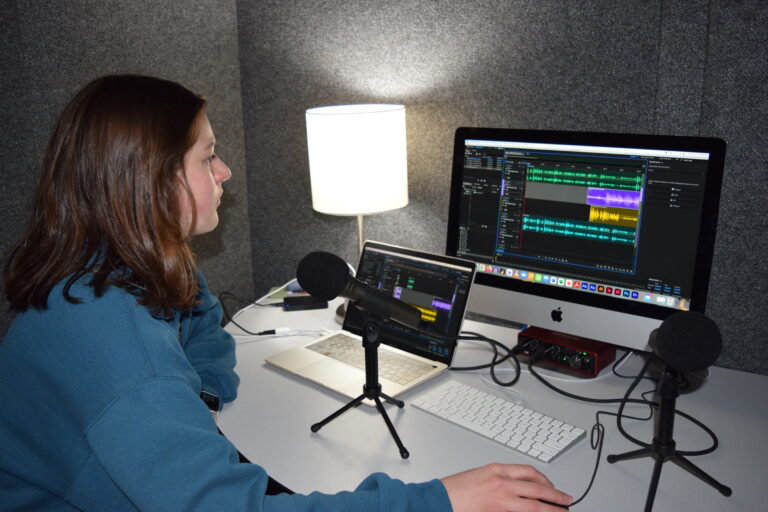
In-Demand, Transferable Skills
You’ll learn the skills today’s employers need, including:
- News writing and copy editing
- Data analysis and visualization
- Video and audio production and editing
- Web, digital and social media for news

Well-Rounded, Cutting Edge Curriculum
Our courses reflect what is happening in the industry today to prepare you for the jobs of tomorrow. Some of our classes include:
- In-Depth Reporting
- Magazine Publishing
- Investigative Reporting
- Video Journalism
- Storytelling through Sound
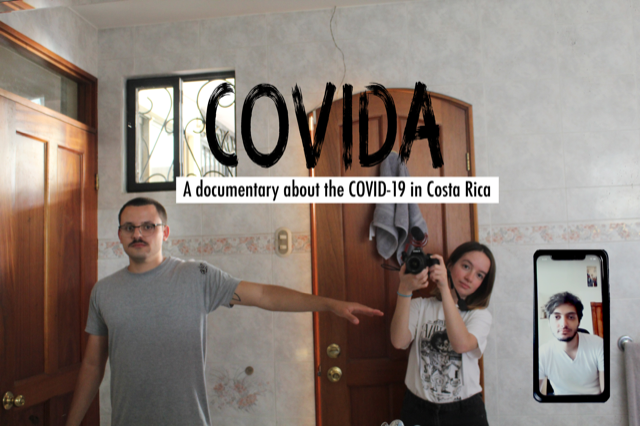
Real-World Projects and Experience
You’ll publish work in real news outlets, building your portfolio.
What You'll Do
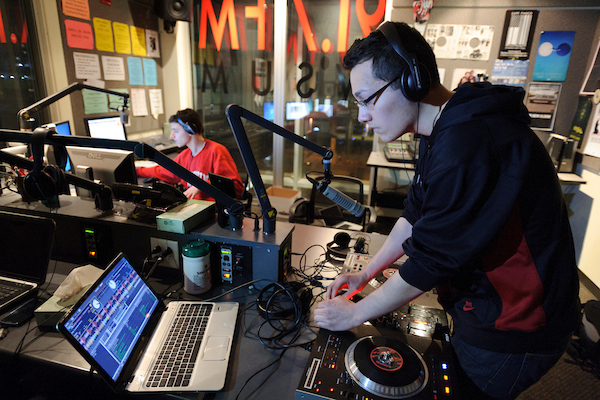
Get Involved
Join one of a dozen student organizations sponsored by SJMC and get real world multimedia journalism experience.
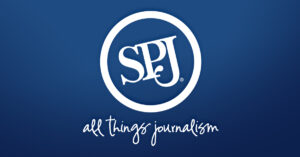

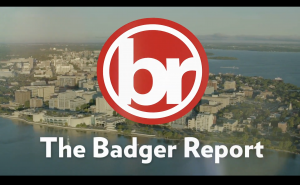

Launch Your Career
By leveraging our strong professional network of alumni and our dedicated career advisor, 97% of our graduates find careers in their chosen field, like:
- Morning Show Producer
- Breaking News Reporter
- Investigative Journalist
- Editorial Assistant
- Digital Producer
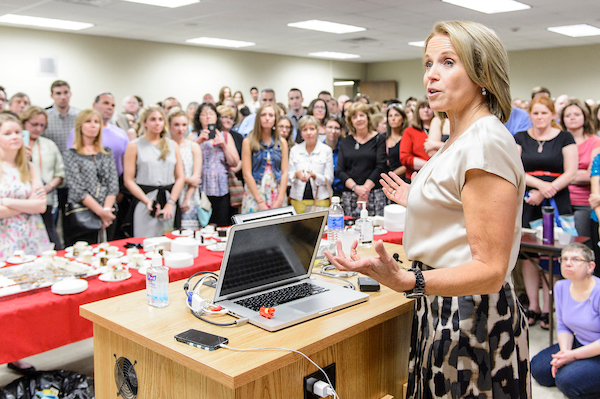
Work for the Best
Our graduates go on to work for some of the leading organizations locally and across the globe.
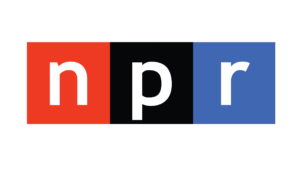

![]()
